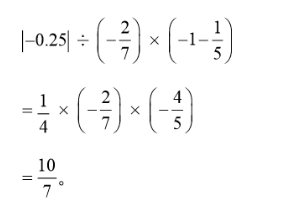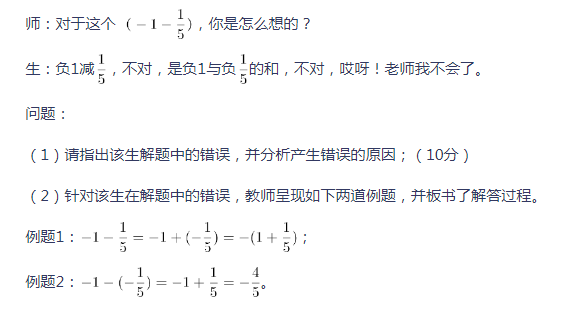当前位置:首页 → 职业资格 → 教师资格 → 中学英语学科知识与教学能力->请阅读短文Severaldecadesago,theUSso
请阅读短文
Several decades ago, the US sociologists went so far as to develop a series of universal facial images supposed to represent the seven basic human emotions: happiness, sadness, surprise, fear, disgust, anger and neutrality. But now, a new study by researchers at the University of Glasgow indicates that these standardized facial images aren't so universal after all.
For the study, the Scottish researchers found 13 Western Caucasians (mainly Europeans) and 13East Asians (mostly Chinese students). The volunteers were shown the standardized facial images and asked to identify the emotions being expressed. At the same time, the researchers electronically monitored the eye movements of the volunteers.
According to the results, published in the journal Current Biology, the Asian participants had a harder time than the Caucasians telling the difference between a face meant to look fearful compared with one showing surprise, and a face supposedly expressing disgust compared with one displaying anger. "This strongly suggests that the meanings of facial expressions are different across culture." says Rachael Jack, who led the study.
The study also showed that the volunteers focused on different parts of the face in their efforts to understand the underlying emotions. "Westerners look at both the eyes and the mouth to the same degree, yet Easterners favor the eyes and overlook the mouth. This means that Easterner shave difficulties distinguishing facial expressions that are similar around the eyes." Ms Jack says. The faces representing fear and surprise "both have big, wide open eyes, while the mouths are very different." She notes. "It would be difficult to distinguish between the two ... if you didn't look at the mouth."
So why would different cultures express emotions in different ways? Ms Jack thinks it may be considered impolite in some Asian cultures to display certain emotions in an obvious manner, and that they use more subtle way
纵观全文可知本文是围绕不同文化表达情感的差异来展开论述的.因此A项最能概括本文的主旨。故选A。
《义务教育数学课程标准(2011年版)》强调,课程内容要反映社会的需要、数学的特点,要符合学生的认知规律。课程内容的组织要重视过程,处理好()的关系。
设α是某一方程组的解向量,k为某一常数,则kα也为该方程组的解向量。( )

案例:
在有理数运算的课堂教学片段中,某学生的板演如下:

针对该学生的解答,教师进行了如下教学:
师:请仔细检查你的演算过程,看是否正确无误?
生:好像正确吧。

请分析例题1、例题2中每一步运算的依据。(10分)
初中数学课程是一门国家课程,其主要内容包括课程目标、教学内容、教学过程和( )等

教师职业道德区别于其他职业道德的显著标志就是( )。

对高中数学的评价,下列说法错误的是( )。
